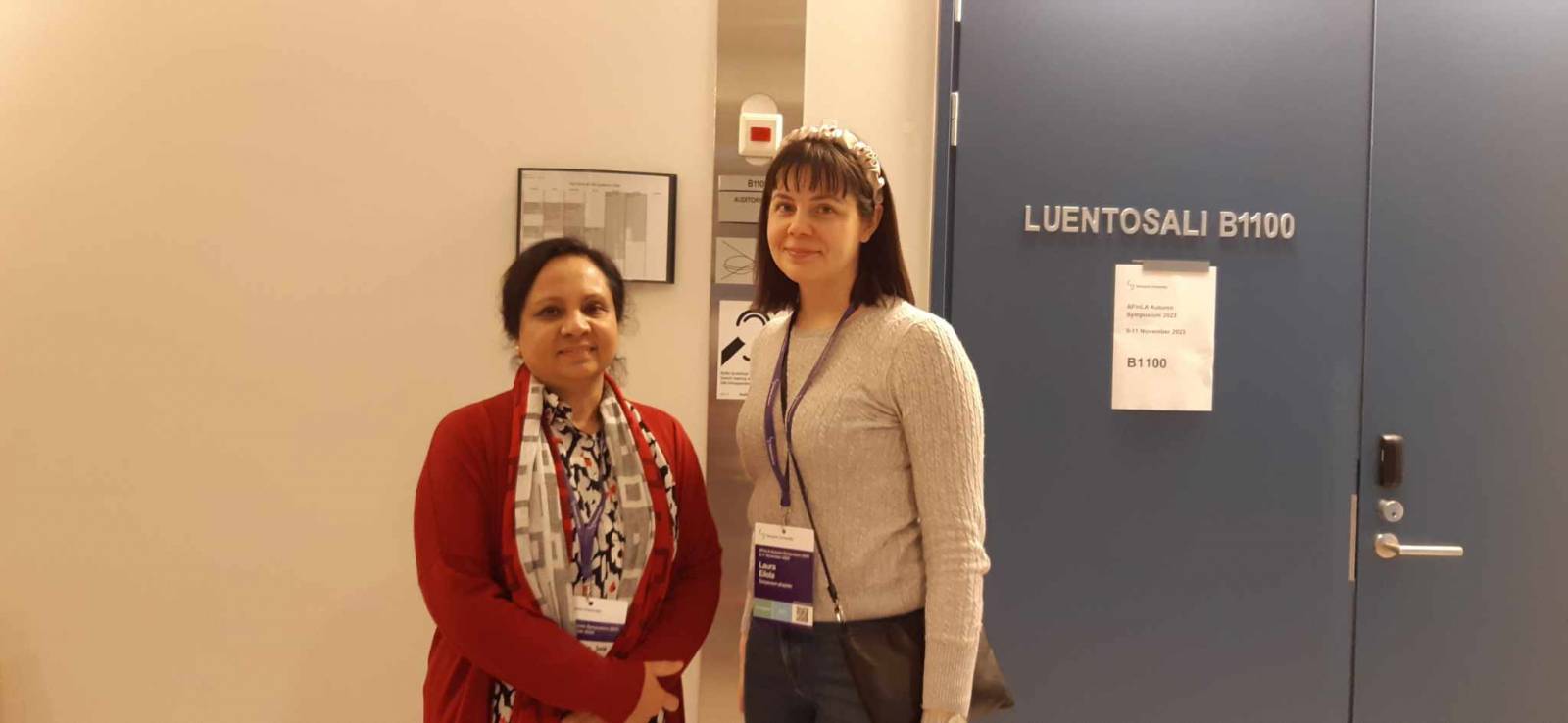Constraints of the use of digital public self-services. ”The main problem is the language – and we don’t know about the services.”
Over past 20 years, digital platforms have replaced a large part of face-to-face public services in
Finland. Focusing on accessibility of public services for the so-called vulnerable groups, it is
important to consider how migrants experience the use of these self-services. When public services
move completely online, our findings show that this development can weaken the position of
vulnerable groups in society, and thus erode equality and democracy.
This study analyses ten thematic interviews carried out in cooperation with migrants to gain
understanding on the experiences’ of the use of digital public services by migrants in Finland. The
interviewees had migrated to Finland from different countries and their age range was 19–63 years.
The inductive content analysis of interviews shows how the interviewees considered the language
of the services, awareness and knowledge of the services available, and the lack of sufficient
support to limit their use of digital public services. Eight in ten interviewees called for a need to
develop the services linguistically. They had faced linguistic difficulties both while using the
webpages and in the digital encounters with service agents. The difficulties related to the limited
language options or the illegibility of the used language. Some interviewees were not familiar with
the electronic public services at all, and some were uncertain if they were eligible or not for the
services. Moreover, single interviewees reported their distrust of digital systems and the deficiency
of crucial personal resources, such as a bank account or digital skills, to restrain their possibilities to
use the services. The findings illustrate the constraints of the use of public digital self-services for
migrants and identify the targets for development of them.
Eilola, Parviainen, Lindholm, Koski, Jinia & Palukka (2023): Constraints of the use of digital public self-services. ”The main problem is the language – and we don’t know about the services.” Esitelmä. AFinLAn syyssymposium, Tampere, 10.11.2023.

